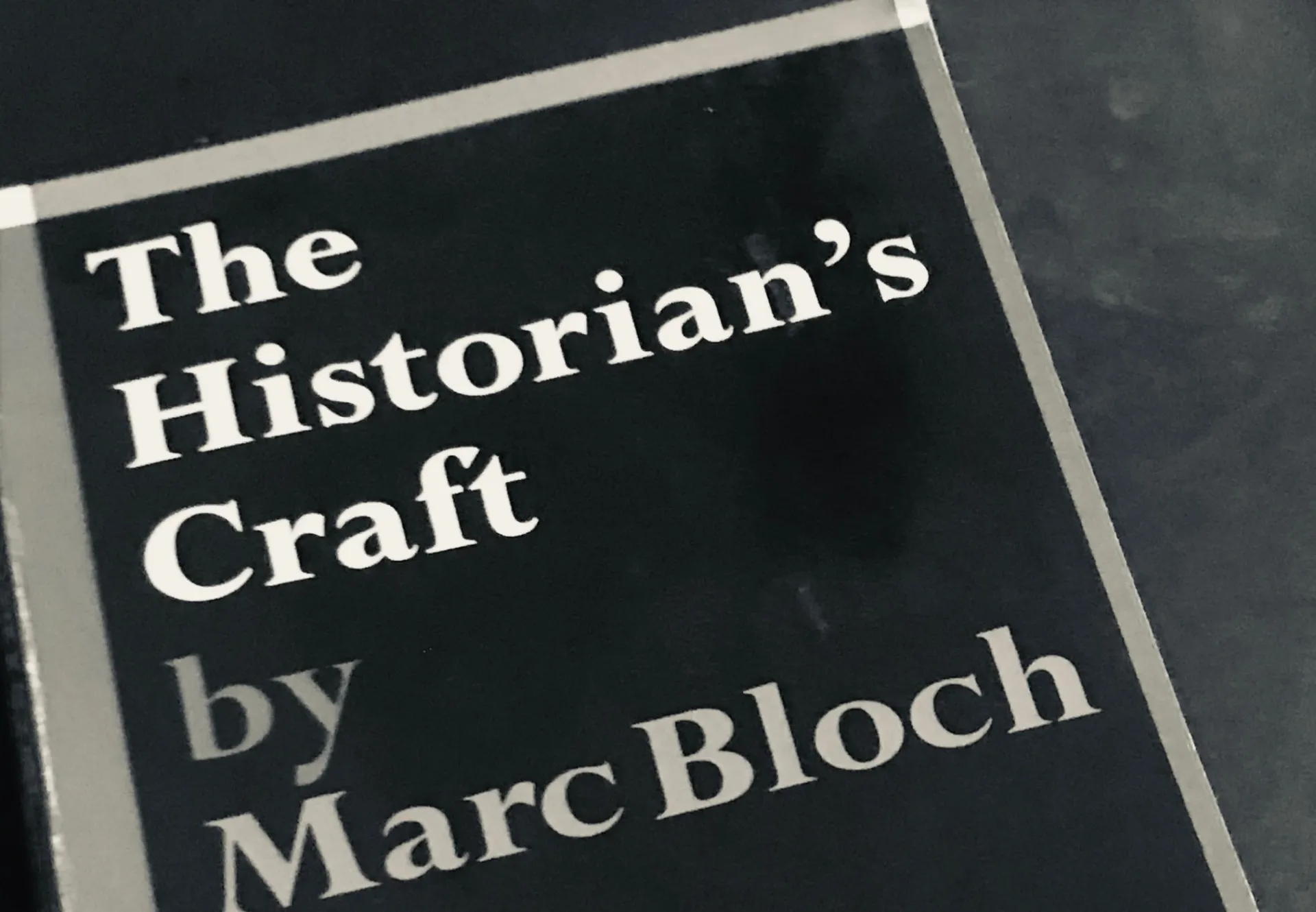Aaron Sorkin, penned the stories for Moneyball, Molly’s Game, Steve Jobs, and The Social Network; all based on true stories - Billy Beane’s introduction of metrics to baseball management, Molly Bloom’s move from Olympic skier to manager of high stakes poker games, and the rise of Apple and Facebook’s iconic leaders. In talking with Marc Maron on his WTF podcast about bringing these true-life stories to the screen, Sorkin said, "My fidelity is to the story, not the truth." Sorkin doesn’t subscribe to the idea that you have to be authentic for authenticity’s sake.
The fidelity of my educational story is that I attended both Yale and Oxford Universities. The truth is Yale’s was two days in 2004, and Oxford’s was a week ten years later.
Most moviegoers never verify the accuracy of the story and leave the theatre with misconceptions, misperceptions, and misinformation about historic events. In the 2017 movie Darkest Hour, Gary Oldman transformed himself into Winston Churchill and won an Oscar for it. The story veered down the paths of fantasy and fiction and earned an Academy Award nomination for doing it. Churchill's personal secretary, a vital part of the story, did not actually begin working for him until after the events depicted in the film took place, and the direct phone line that Churchill used to call Roosevelt didn’t exist until 1943. The movie’s most egregious historical sin was a scene where Churchill rode the London Underground to get a sense of how Londoners were feeling. There is no evidence this ever took place, let alone inspire one of his most famous speeches. The film’s director called this scene a “fictionalization of the emotional truth.”



